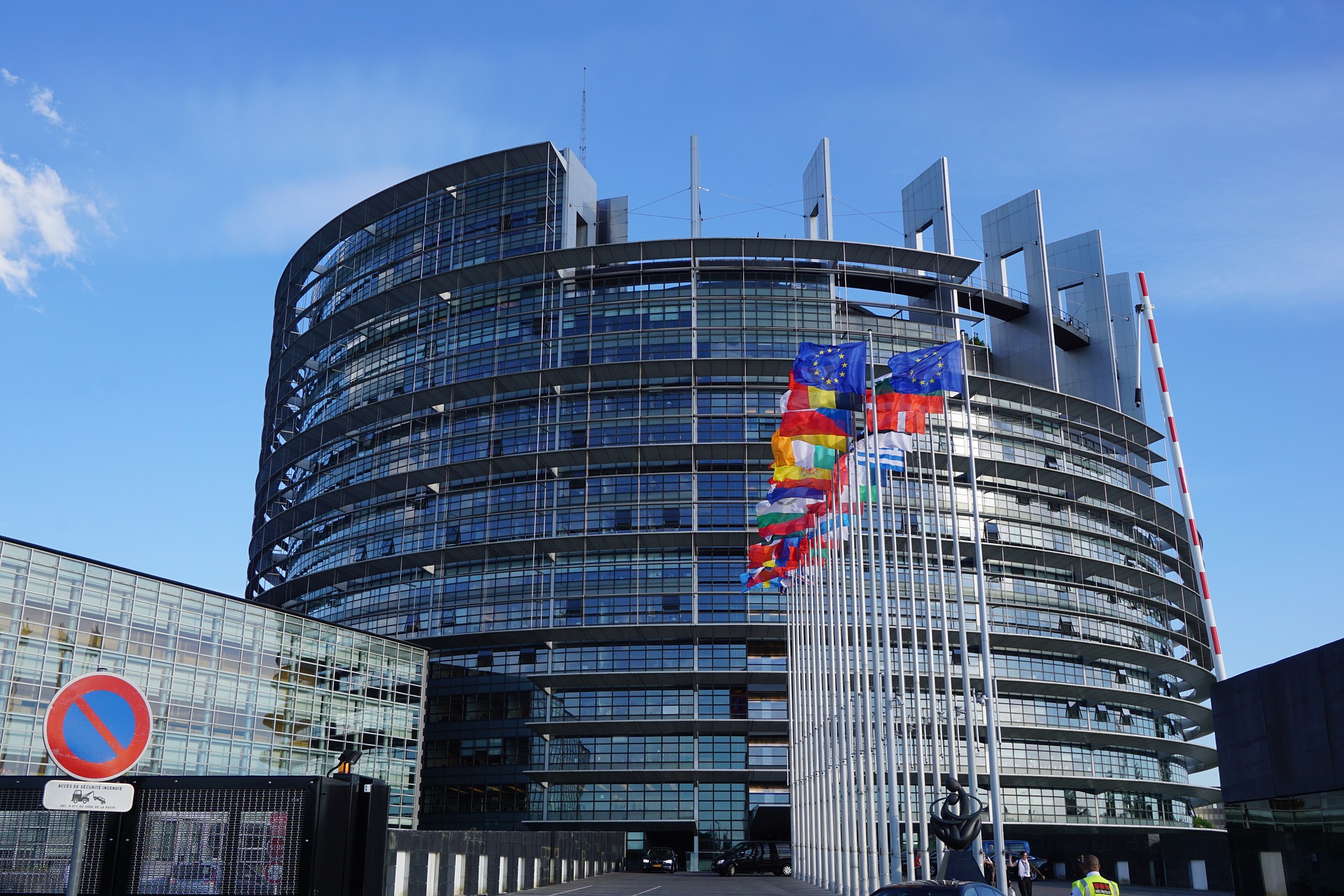DSA: ACT welcomes General Approach yet identifies important improvements for upcoming Trilogue

Download the document
BRUSSELS, 17 NOVEMBER 2021. The Association of Commercial Television and Video on Demand Services in Europe (ACT) welcomes the endorsement by the Committee of Permanent Representatives (COREPER) of the Digital Services Act.The Digital Services Act (‘DSA’) marks the accomplishment of a long process towards the necessary framing of the digital space to ensure a diverse, innovative and secure media landscape.
ACT supports the aims of the DSA, notably its guiding mantra to ensure that what is illegal offline should be illegal online. However, it remains questionable as to whether this objective is fully reflected in the text adopted by COREPER.
Commercial broadcasters welcome the Council’s approach on several areas of the text, particularly on the flexibility shown on aspects related to notice and action procedures, the scope of the trusted flaggers and the introduction of VPNs in the Regulation.
However, we regret that the proposal does not create a sufficiently robust instrument to effectively tackle illegal content online and does not address pervasive problems in the online platform economy. In fact, we note with disappointment that the Council has widened the liability exemptions provided in the e-Commerce Directive by introducing a concept of “abstract knowledge” which doesn’t fully reflect European jurisprudence and could create further confusion. Furthermore, in the absence of a robust notice and take down obligation and an effective stay down mechanism, the broadcasting industry will continue to suffer from online piracy for many years to come.
Moreover, the Slovenian Presidency´s compromise proposal introduces online search engines to Article 4, thereby awarding them the same liability privileges as those enjoyed by ´caching´ providers. This is a step backwards from the current legal situation[1] with no justification. Moving online search engines to Article 4 would also mean the latter are no longer obliged to take down illegal content, i.e. they would not be subject to the notice and action due diligence obligation, but would merely have to remove or to disable access upon obtaining actual knowledge. Where the content is not removed at the source, there will be no corresponding obligation that could flow to the caching provider.
We are thus concerned that the Council specifically mentions that qualifying for liability exemptions and respecting the due diligence obligations enshrined in the DSA, are not inter-dependent, thus removing a genuine incentive for hosting services to earn their exemption by respecting the obligations in the DSA. We kindly recommend that the co-legislators address the below so as to ensure the promise of the DSA – what is illegal offline is also illegal online – is realised. This means:
- removing references to “abstract knowledge”
- making liability exemptions conditional to compliance with the due diligence obligations
- maintaining the active /passive distinction;
- ensuring that live content and time sensitive content is taken down immediately;
- capturing the right players with meaningful due diligence obligations; introducing a KYBC principle applicable to all providers of information society services, and;
- ensuring that the supervision of VLOPs recommendation and moderation algorithms is undertaken by the Digital Services Coordinator to address pro illegal or harmful content.
Without these elements, the historical momentum of amending the eCommerce Directive will be a missed opportunity and recently adopted instruments which are based on specific elements of the eCommerce Directive will be endangered. We therefore urge the co-legislators to ensure that the DSA package supports fair competition and a liability landscape that is fit for the digital age to secure a robust, responsible, and reliable online environment which ultimately supports a pluralistic European media landscape.
[1] CJEU case-law indicates that search engines should at least fall under the stricter hosting regime. So far, the CJUE has not explicitly excluded search engines from the scope of Article 14 of the E-Commerce Directive.

